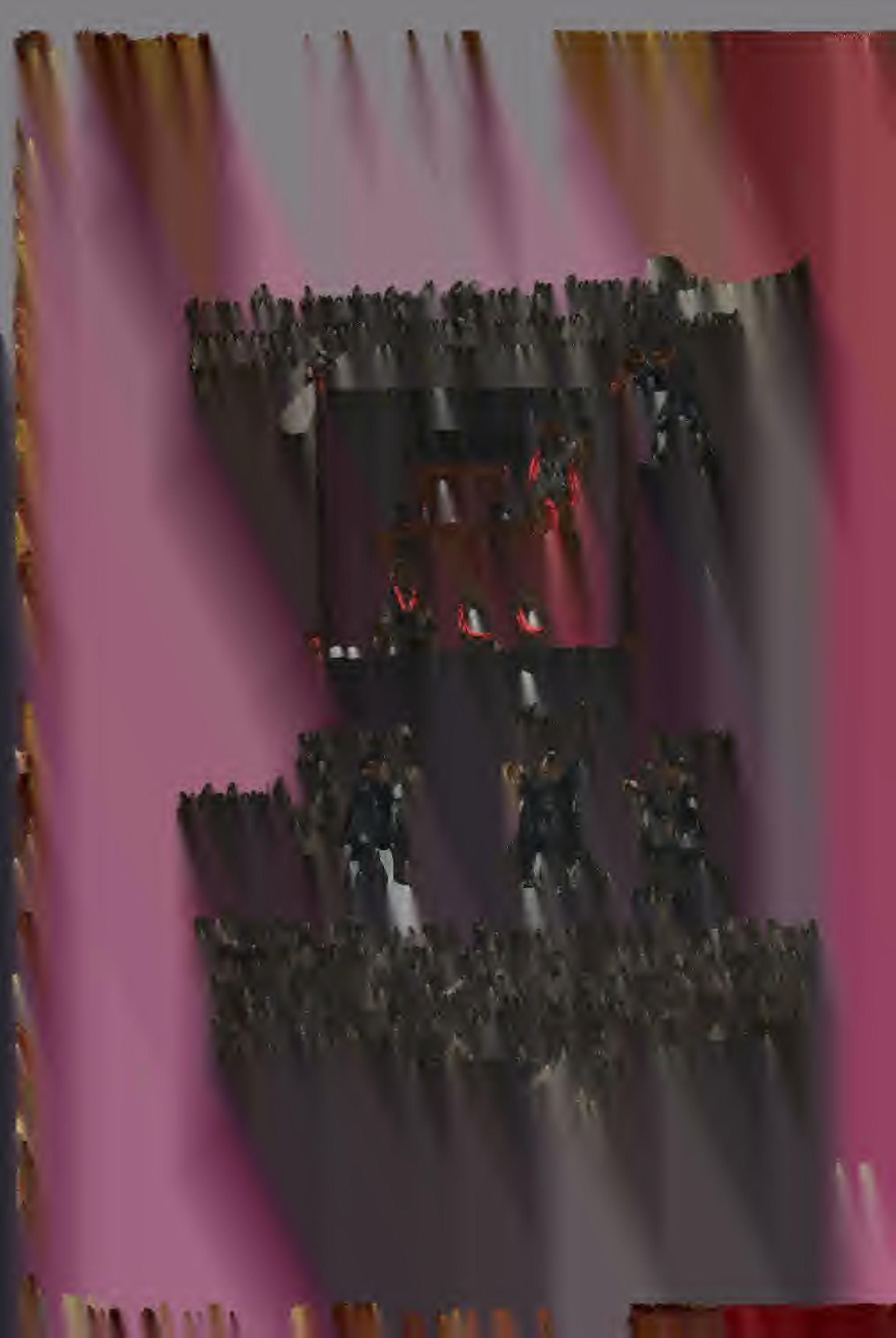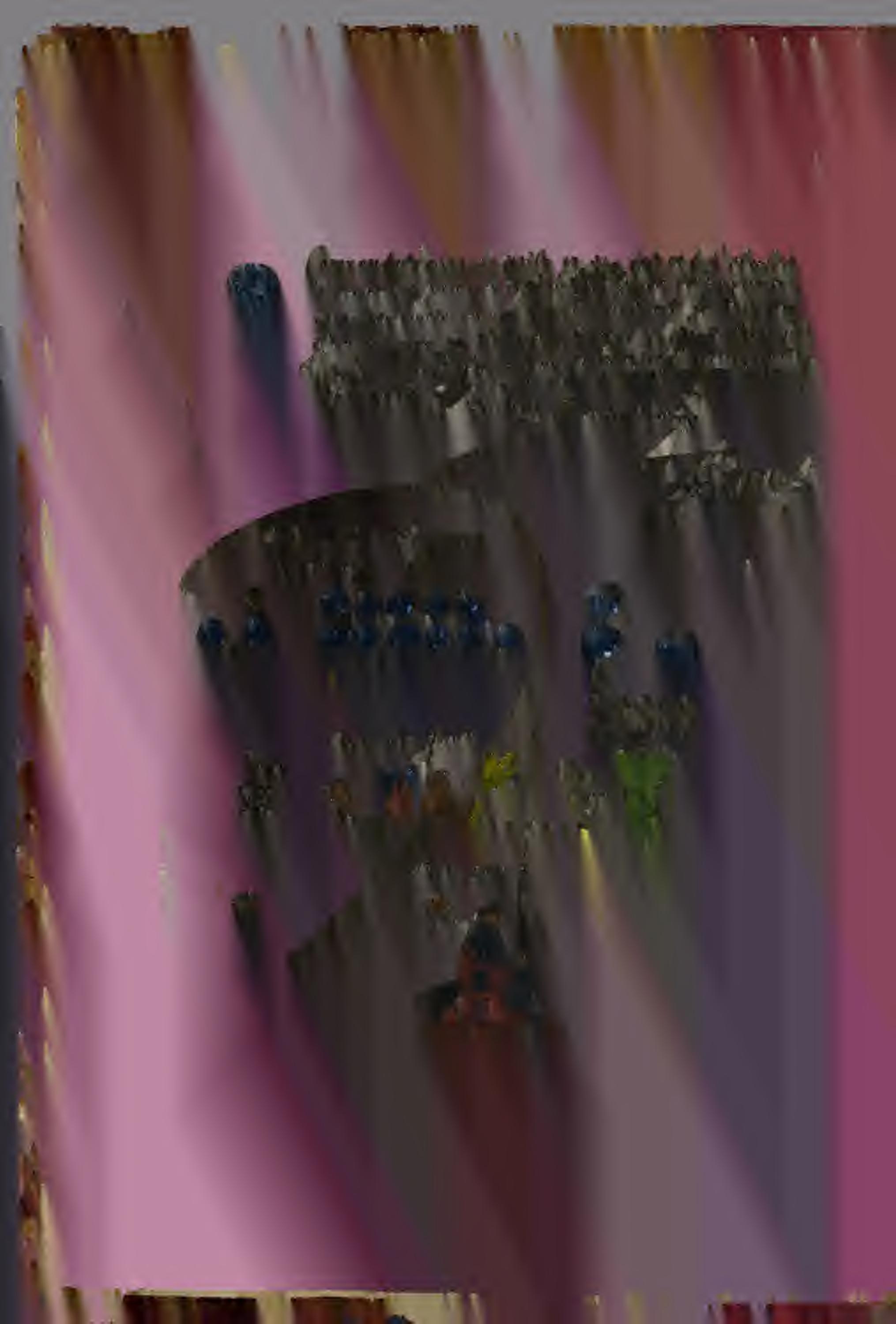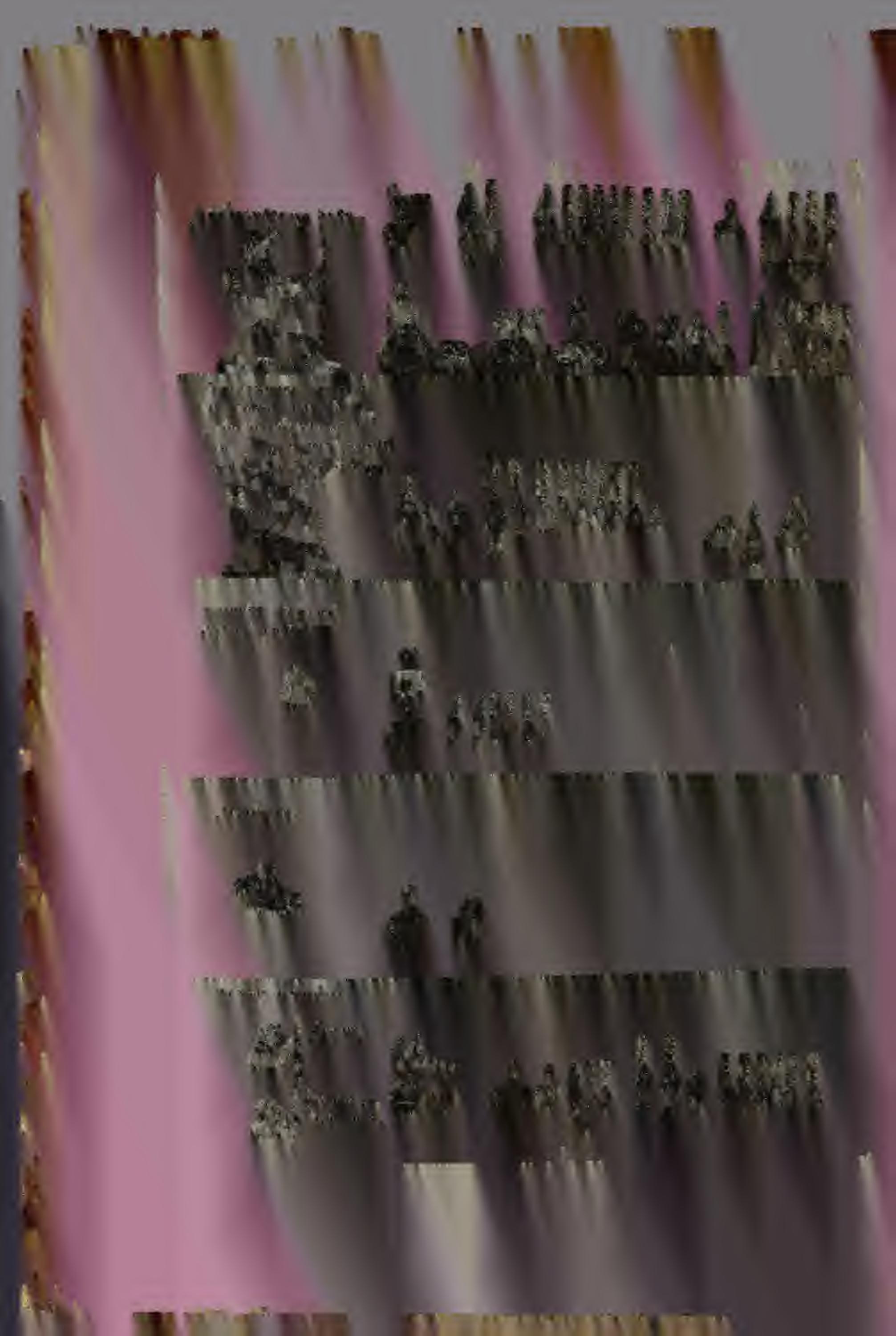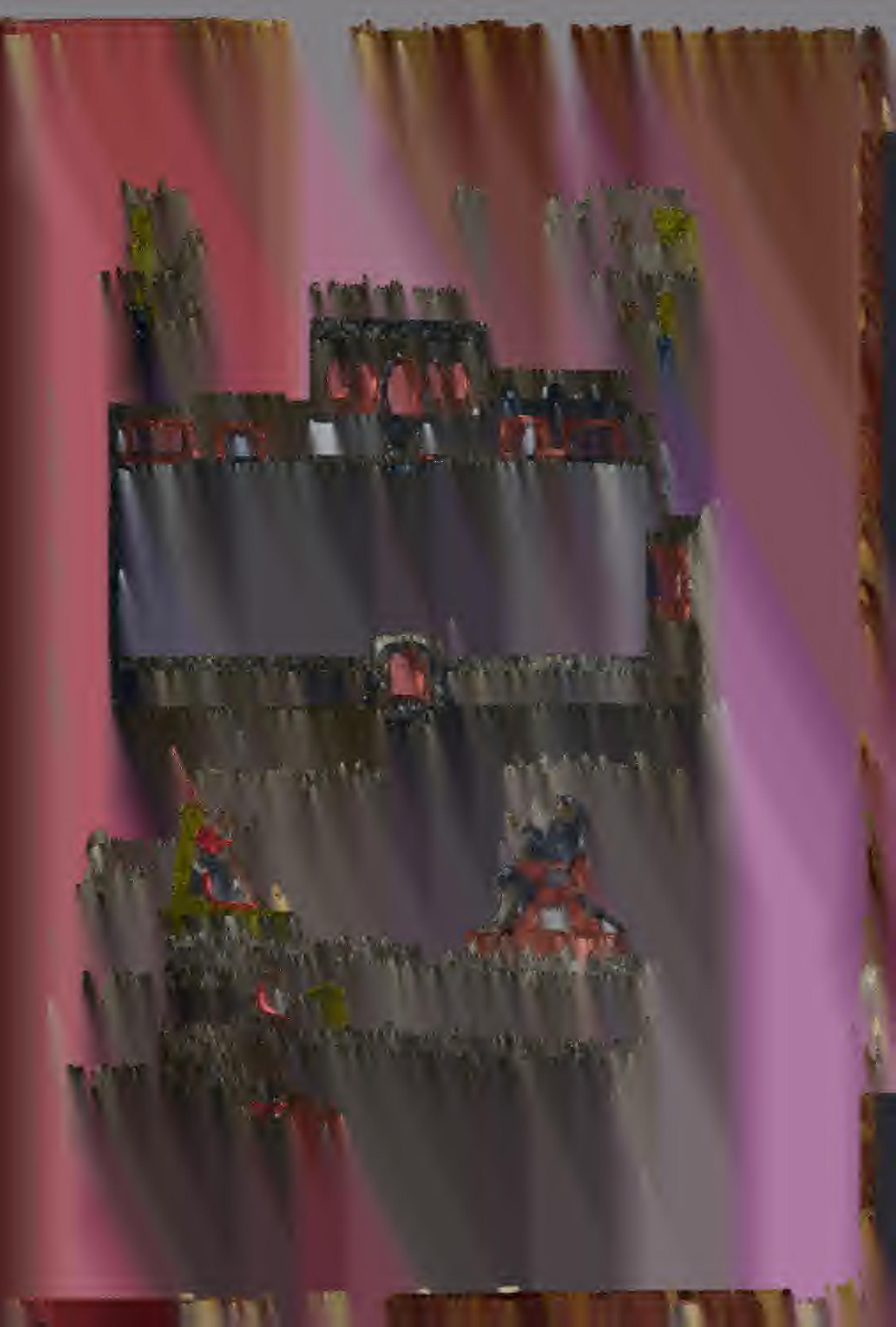Duke of Osuna Codex



Original published in 1878 under the title Pintura del Governador, Alcaldes y Regidores de Mexico, Codice en Geroglificos
Mexicanos y en Lenguas Castellana y Azteca, Existente en la Biblioteca del Exmo Señor Duque de Osuna.
Images of Governors, Mayors and Aldermen of Mexico, a Codex in Hieroglyphs and in Spanish, existing in the library of the Duke of Osuna.
A rare manuscript used as an aid to the giving of evidence in Court in the Indies, as many indigenous were not Spanish speakers. The document is multifaceted, identifying towns and personalities, and evolving from there to modes of living and counting. The original antiquarian Spanish is reproduced, as well as the English translation, of the introduction to the book, suggesting that the initial relations between the indigenous and the new state apparatus was strained, hence the need for aid in giving evidence,
Preface of the Document
(footnotes omitted, refer to Spanish version for the footnote references)
In the expansive Library of his Excellency the Duke of Osuna is found in their care this precious Aztec Spanish Codex, here duplicated and offered to those with a passion for these types of antiquities. Attempting to describe it is not useful as the facsimiles speak for themselves, as we do not have more information to add.
The Honourable Geronimo de Valderrama, from the Council of the Indies in the year 1560, according to Leon Pinelo, was appointed in 1563 by King Philip II as his Delegate General to New Spain, at the time D. Luis de Velasco being the Viceroy. After the latter died on July 31, 1564, our Delegate had to assume supreme power until the new Viceroy, Marques de Falces, arrived in October 1566 or close to the end of October 1565, as the present Codex states. The new Viceroy was appointed by the Council, formed only by Judges Ceynos, Horozco and Villalobos, because the rest of them, up to seven as it should be, were without doubt deposed or removed from their positions by Valderrama, according to a document from that period which we have seen.
This visit has been represented in the Codex that we are reproducing, or it would be better to say, it represents a small part of it as shown by the dates, the earliest on April 3, 1565 and the latest on August 27 of the same year. It is possible that, according to one of the pages, the first 462 pages missing from the volume plus the 40 remaining pages, originally made the complete volume of these proceedings which should have been submitted to the Council of the Indies.
Whatever it might have been, we must settle for today, and maybe for always, with what remains, as we believe that it represents the most remarkable existing fragment of this kind of Codex, which according to Humboldt, “were used as evidence; they still were in use in Spanish Courts long after the conquest, due to the fact that the natives couldn’t speak to the judges but by using translators so the use of hieroglyphs was considered doubly useful.”
We shall conclude these very brief observations by inserting a document that we have received at the last minute regarding a different moment in the visit of Dr. Valderrama, even though it is not related, or not very much related, to the contents of this book. The document is found in the codex No. 325 of the Spanish manuscripts of the Paris National Library, pages 224 and 225, with the following note on the back of their last page. MandatesoftheDelegateGeneraland Council.MadeintheperiodofDelegateGeneralValderrama.
Our dear friend Mr. Alfredo Morel Fatio, employed at the Manuscripts Department of the afore mentioned Library, has sent us a most exact copy of the document for which we express our warmest gratitude.
Here is its content:
LISTING OF SOME ISSUES REGARDING THE CLERGYMEN IN THIS NEW SPAIN
That they must not talk in public or secretly with respect to the Royal authority of His Majesty and the Collectors in His Royal name have over this land and, if there is something to tell concerning this, they must first advise His Majesty and His Royal Council or this Royal Parliament.
That they must preach from the pulpits anything that may cause scandal, especially matters involving the ministers of justice, as His Majesty has written.
That in the suits that are litigated matters and in the giving of sacraments, that they seek the consent of the Perlado, as His Majesty has ordered.
That they take care of the doctrinal disputes, thereby not giving space for the Perladosto place ministers in the places where there are monasteries.
That then that in places that usually there are deficiency in priests even in towns that have monasteries, if the Perladowant to appoint a clergyman to a location that from to time to time send, that they not be hindered.
That they must take confession of the sick in their homes because if they are brought to the monastery sometimes they die on the road without receiving confession.
That they must prevent sisterhoods arising among the Indian women, as they may result, and it is said has resulted, unwanted assemblies.
That they must remove trumpets and drums, as they are not musical instruments for church, and flutes and hornpipes must not be played, except in monasteries on their prescribed days.
That they must ban singers and tollers and other similar services in those houses where there is excess.
That there must use restraint in seeking silver and vestments for the Spaniards, as the Indians are not free, and they are so poor.
That Indians must be ordered to dress the churches with flowers and other crafts they make on Passover and other holidays but not on every holiday as they are very mistreated.
That those Indians who work on churches, monasteries, their ornaments and silverwork, or in something else, that they be paid for their work.
That they do not send Indians to deliver fruit and gifts, nor as frequently to deliver letters, because some say there is so much abuse while sending, them with little or no reason, and they are not being paid.
That they must not have properties or any profit as they are not in Spain as His Majesty has ordered, otherwise it is too much the work demanded from the natives, there is not any spiritual gain in it except to watch them living in poverty.
That as His Majesty has ordered that while building churches, the cost for the building, the clergy must not compel the natives to erect same at their cost, as has been happening until now.
That the building of Monasteries occur net less than six leagues apart as His Majesty has ordered, and every Monastery that is built must done with the authorization of the existing Viceroy or the authorization of the Council and giving them a humble and simple façade.
That a house once built in any part not be joined to another without a licence, as this has resulted in great turmoil in the past.
That the clergymen must not establish quotas or recruit Indians for forced labour for any requirement they may have, without petitioning His Majesty so he can provide them with alms and help to their needs as is his custom.
That they must not get involved with secular matters, nor punish Indians, nor have jailhouses, nor getting involved in election of mayors’ or in any similar matter, as this takes away time and work from their monastery duties.
They must not charge the Indians with financial penalties for any reason, even though they have jurisdiction on the case by consent of the ordinary judge.
They must not allow taxpayers to hide in such way that the public and collectors’ finances may be defrauded.
They must not get into trouble by exempting and absolving taxpayers like singers and other persons serving the church, as those doing service must be paid.
They must not get involved in the adjudication taxpayers of chieftains or local governors, acting on the purported behalf of the King, nor even tax collectors, as it is not a business to their trade, and it could cause many grievances and inconveniences.
That after His Majesty provides them with alms for their support as well as for the divine worship, that they not remove from the community collection box, unless for His Majesty or his tax collectors, in whatever town they may reside, and having special care in following the orders of the Viceroy and the Royal Council, and do not have the community box in the monasteries.
That whatever town they may reside in, if they have the time and there is a clergyman near, they must help him in his teaching of the doctrine.
That, if what has been said may appear inconvenient, they must notify this Royal Council, so after having taken a look at it and having debated it, the most convenient for God Our Lord, this land and its native people may be provided, and the same to be done in any other matter that has not been addressed here, whenever they may think new provisions and solutions should be given.



























































































